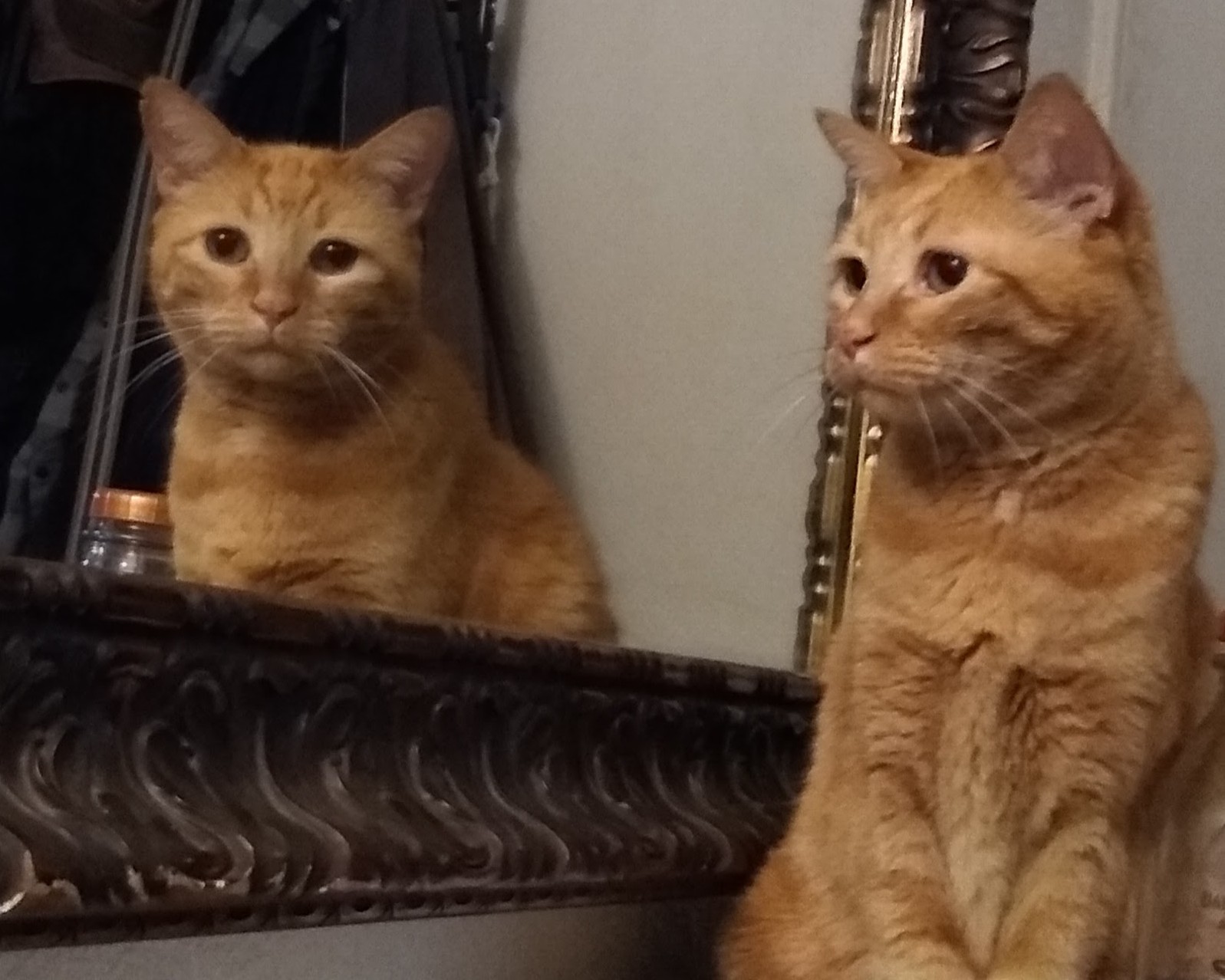- cross-posted to:
- iwwunion@lemmy.ml
- unions@sh.itjust.works
- cross-posted to:
- iwwunion@lemmy.ml
- unions@sh.itjust.works
Right to work states (alphabetical):
- Alabama
- Arizona
- Arkansas
- Florida
- Georgia
- Idaho
- Indiana
- Iowa
- Kansas
- Kentucky
- Louisiana
- Michigan
- Mississippi
- Nebraska
- Nevada
- North Carolina
- North Dakota
- Oklahoma
- South Carolina
- South Dakota
- Tennessee
- Texas
- Utah
- Virginia
- West Virginia
- Wisconsin
- Wyoming
Lowest 10 state GDP per capita (2023):
51: Mississippi
50: West Virginia
49: Arkansas
48: Alabama
47: South Carolina
46: New Mexico
45: Idaho
44: Montana
43: Kentucky
42: Oklahoma
New Mexico and Montana are apparently not right to work but rank low in GDP per capita. The highest GDP per capita right to work state is North Dakota, ranked 6th in GDP per capita after California (5th) and before Connecticut (7th). Nebraska is the only other right to work state in the top 10 GDP per capita coming in at number 10.
Apologies for formatting, etc. I did this on mobile from my bed.
this is a good run down, with one nit, probably caused by availability of data. Gdp per capita is not a good metric, because its a mean, so verp vulnerable to outliers, and because it represents generation of wealth regardless of if that money stays in the state.
North Dakota is an oil state.
It has a median household income of $68,000, meaning half of all households bring in less than that.
It has a mean income per capita of $37,343
11.5% of people in north dakota live in poverty
north dakota ranks 39th for poverty, which is better than middle.
This is an example of how different stats will have different results. When looking at poverty rates, out of the ten worst, only New Mexico is not a right-to-work state.
I was going to say gdp isn’t a good metric. GDP is economic output and not really relevant.
I’d look at cost of living and wages.
Thank you. I’m not a fan of GDP. If you and I started crotch kicking businesses and paid each other $1,000,000 dollars to kick each other in the crotch, we just contributed $2,000,000 to the GDP with nothing of value created. My testicles hurt and your $PARTS hurt.
Exactly. You have a lot of funny money being passed around but that doesn’t mean anyone is making a living wage or if people are poor or not. Cost of living and income are more important. In some states it’s cheap to live and you’re paid accordingly. Other states it’s expensive and you’re paid more but not always enough for the living. GDP is fine to track things at a high level or national level but horrible for tracking how workers are doing
I even question the usefulness at high levels. It doesn’t measure how much wealth is produced. Say our GDP is 10 billion. Let’s say 2 billion is tshirts that suck and get thrown away. Next year we make tshirts that last 5 years and our GDP is 11 billion because they cost more. Year 3, it shrinks to 9 billion because we don’t have to make as many tshirts. We are better off in year 3 than year 1 by a billion, because we actually kept those shirts instead of tossing them.
I would like to see GDP numbers adjusted for useful production. E.g. since 40% of food is trashed, cut that portion of the GDP by 30% (we need some wiggle room so a bad crop doesn’t cause a famine)
I’m not an economist, as such I don’t understand all the nuances for gdp but it seems every time a dollar trades hands, it impacts the gdp.
The problem is a lot of its funny money.
We also base our budgets on gdp. As such it’s screwy as we spend like all of its being taxed.
Military is 3% gdp which doesn’t place us in the top 10 for spending. Yet on dollars we are the highest spender by far but we don’t collect enough to cover our debts.
This is great qualifying information and I think this shows that you can’t just take the back of a tee shirt at face value. Who knows what the wearer meant by “poorest states.”
They don’t know either.
Michigan is the first state ever to repeal their “right to work” laws and it will end next March
Michigan is taking wonderful steps to protect the rights of its people. It’s not perfect, but I am so proud of my state and the people who are helping to put these protections in place!
It’s the who’s who of shithole states!
That’s a great summary!
Here’s the Wikipedia article on “right to work” for those who, like me (non-americano), didn’t know about it:
In the context of labor law in the United States, the term “right-to-work laws” refers to state laws that prohibit union security agreements between employers and labor unions which require employees who are not union members to contribute to the costs of union representation.
That’s so fucking confusing…
Unlike the right to work definition as a human right in international law, U.S. right-to-work laws do not aim to provide a general guarantee of employment to people seeking work but rather guarantee an employee’s right to refrain from paying or being a member of a labor union.
Okay, little less muddier now. The whole vibe is quintessential USA—some dodgy law with a misleading name.
English (US)
English (International)
Ton (US)
Tonne (International)
Right-to-work (US)
Right to Work (International)
This is where we find out Aluminum is trademarked and royalties given whenever used and that’s how Aluminium phased out…
I was going to say. I know most of those states have at-will employment and thus I was so confused!
Ahhhh thank you, I was confusing the two. I thought my state was a “right to work” state but it wasn’t on the list; I was thinking an at-will state, which my state is (which means employers can terminate without noticed and without reason, for those who don’t know the phrase).
I think every state in the U.S. has at-will employment except for one, last time I check.
Edit: yup. Montana.
I did not know that, very strange but bill of Montana. Thanks
It’s as if unions benefitted workers and by extension, the society they lived in. Who would’ve thunk.
Yes, but think of billionaires! Why won’t anyone think of the poor billionaires!?
Huh. It’s almost like that was the point.
There’s actually nuance here, this is a GDP per capita metric which means not that people are poorer in these states but the people actually produce LESS even for the stakeholders and the shareholders in these states.
So (1) the workers are poorer no fucking surprise there but crucially (2) the companies are poorer and the shareholders are poorer for it as well
Now correlation is not the same as causation for sure, but it certainly seems that their greed is actually counterproductive. That’s the lesson here
deleted by creator
“right to work” laws are misleadingly named laws that undermine unions by outlawing union shops from requiring membership. These laws lead to financial collapse of the union. All of the ten poorest states have these laws, and almost zero union membership.
To expand on that, no unions means the companies get to pay what they want, which is as little as possible. Since they are all on a race to the bottom, everyone ends up poor because that is what the companies are willing to pay.
Required union membership is a bit weird though. It can lead to so much abuse that it’s not really a rational thing.
There ought to be several unions that have nothing to do with the specifics of one particular industry, but everything with workers rights.
Union corruption is a real thing and not all industries make sense to unionize
Not having a union typically leads to more abuse, no? Like, I’m not sure what union abuse looks like?
Yes, not having a union can lead to more abuse.
However having a mandatory union can lead to abuse too. Because it gives all the power to the union. You never want to give all the power to one entity. This basically creates a workplace mafia.
What you want in the workspace is to have several unions that can work together (or not). The more unions, the better (because it’s easy to divide two unions, but harder to split seven).
Those unions ought to federate workers from widely different industries, so that they can carry the weight of many voices technically and politically.
Ideally, there ought to be some kind of legal infrastructure for the corporations and the unions and representative bodies of the workforce to periodically meet and update their generic contract.
Yeah, thats true, you want a union for each craft, who can understand and work for the benifit of those people. One union per company isn’t too hot.
Given the most ideal situation tho, were the proper union distribution is in place, should union dues be mandatory? Thats the question at the heart of “right to work”.
the unions and representative bodies of the workforce
I’m puzzled by this, tho. Whats a representative body of the workforce?
right to be slaves more like
And none of the top 9 states with the highest median income are right to work.
My anecdote doesn’t really mean much in the grand scheme being my own personal experience, but I was really grateful when Indiana passed this law. I was at Kroger at the time and they forced us into a union that was run by store management and did not side with employees on any given subject. The fees were taking a pretty good amount of my already miniscule paychecks. I’d rather see a law that prohibits this abusive use of unions by companies more than anything.
I assume downvotes are from people who think I’m lying, but I would love to hear from those downvoting what exactly their problem with this comment is? It was a store in Indiana, I’m not making anything up, and I’m not saying unions are all bad, I’m saying they shouldn’t be allowed to be another strong arm run by the company.
What the hell kind of Union is that?
A horrible one, Kroger in Indiana. Whatever they were a part of.
Union that’s run by management… That’s not a union my guy, that’s an extortion outfit.
I don’t disagree at all. It was so fucked.
It wasn’t the company running it, it was because they signed a labor agreement so at that point you had to join the union as per the contract. Kroger may have informed you but it wasn’t a “company union” which makes no sense.
Managers of Kroger were in the decision making positions of the union. Call that whatever the hell you like.
This looks like the union in question
It’s been a decade or more, but that name sounds familiar.
It’s not a union if it’s run by the company, that’s just management board but with an accent.
And any law what allows such a thing is anti-union by default, it’s just an internal misuse of the words meaning (plus it lowers the chances of an actual/additional union to form and on top of that it collects fees from the paychecks it itself gives to the workers for their work? lulwtf). I don’t know if any EU county where such thing is remotely allowed, however unions are (mostly) not enforced in the private sector, even in some cases where the law actually predicts one to be in place (so, company in such a situation is technically breaking the law but at the same time also can’t force or do anything towards starting a union since that would just make it their puppet & regulators would act immediately).
And economically NC is rated 17th and is a right to work and work at will state. It is growing insanely fast.
https://narronwenzel.com/the-right-to-work-in-an-at-will-state/
By which mechanism are those laws keeping the states poor? Are profits simply siphoned away and spend elsewhere? Or is it more complex and unions would lead to more profitable companies but the citizens are resistant to improvements?
Depressing.
The top ten piece of shit are all humans!
And landlocked states also don’t have oceanside resorts. Several of those states are also Republican.









